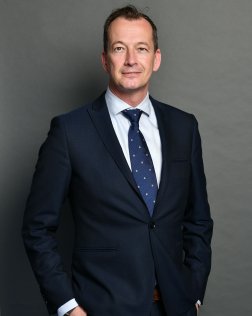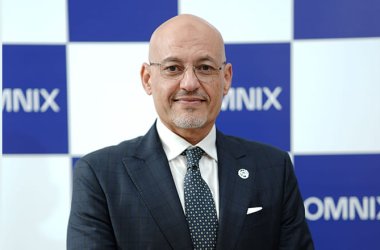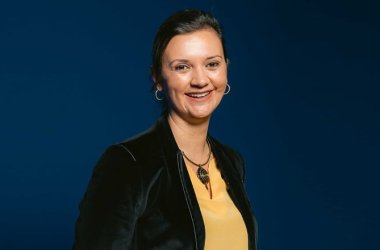Edwin Diender, CIO of Global Energy Business Unit, Huawei, has revealed in a conversation with CNME Editor Mark Forker how their new concept energyverse is designed to prompt the energy sector to adapt and evolve to the future demands of the sector in a bid to halt climate change. 
The metaverse is considered the next evolution of the internet. Is energyverse its equivalent in the energy space?
The idea behind the energyverse is energy that is as visible and as available as information and communications are. Energyverse lends itself to the notion that the energy sector must evolve to meet current and future needs.
The defining trends driving this transformation are decarbonisation, digitalisation, and intelligence.
The energy sector faces several unique challenges. The traditional electricity market faces increased pressure from the rapid rise in renewable energy’s share of the global electricity mix, particularly solar.
Second is the increased integration of energy, information, and service flow in the energy sector. Operators also face challenges related to electricity marketisation and management of operations. It is therefore evident the industry needs to continue to improve competitiveness.
The solution to these challenges is to accelerate the digitisation of the power sector. This result will be the conventional grid, transformed via smart grid and intelligent connectivity into a worldwide web of energy or an internet of energy. In other words, an energyverse for the metaverse.
These are trends that could revolutionise the energy sector. What is driving these developments?
Three related concepts are at the heart of energy sector operations today. The first is energy transition towards green energy, characterised by accelerated solar and wind power investments.
The second is carbon neutrality, driven by global momentum to reduce carbon emissions. To date, 137 countries from the UN Climate Convention — responsible for 80% of global emissions — have committed to net zero-emission targets.
The third is digital transformation in the energy sector, bringing together digital and power electronics technologies such as AI, cloud, and big data to help customers implement simple and efficient operation and maintenance while providing clean and stable power supplies.
These are three gears of the same engine that will drive us to a greener and sustainable future.
As a technology provider, what role do you see Huawei playing in this energy transformation?
For energy transition, we aim for technological innovation as the critical enabler to promote clean, low-carbon, safe, efficient and modern energy systems. We will follow our successful ‘Platform + Ecosystem’ strategy and apply our “energy power ring”. This will enable us all to seize the opportunities created by far-reaching changes in the global energy landscape.
Our digital world already blurs the lines between digital and physical and brings up both challenges and opportunities for the energy industry. Applying innovative technologies is redefining the relationship between productivity and production. Therefore, the energy industry needs to actively embrace digital innovation to do better what we already do best.
In light of the carbon neutrality goal, we need to reverse the rapid growth of energy consumption and CO2 emissions and decouple economic growth from carbon emissions.
Becoming low-carbon, electrified, and intelligent is the only way to achieve carbon neutrality, and technological advances are an engine that drives the process.
It is clear the line between digital and power sectors will continue to blur. How does the Middle East fit into this convention?
The Middle East is both a major energy producer and a global pioneer in exploring alternative energy systems. To date, a greater focus on decarbonisation and green development is now part of many national development visions.
The technology foundation for the transition to green smart energy is already there. Middle East countries have been among the most progressive in adopting 5G, providing a solid foundation to build an intelligent power sector.





